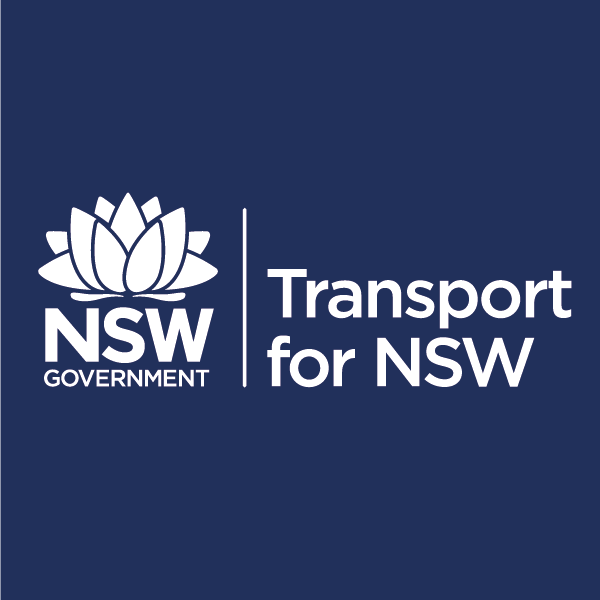Last October, NSW Transport Minister Andrew Constance announced the State Government’s intention to transition its entire 8,000 bus fleet to a zero emissions electric fleet.
Transport for NSW Deputy Secretary for Greater Sydney Elizabeth Mildwater said that the transport industry has to “meet our environmental challenges head-on and learn from cities around the world. We are committed to taking advantage of new technology that reduces the impact that current diesel buses have on air quality and people’s health.”
It is true, cities around the world, from Liverpool to Delhi are working on ways at transitioning their bus fleets to zero emissions vehicles. Europe is especially progressive thanks to the European Commission’s JIVE initiative for hydrogen-powered public transport throughout the EU. Not to mention the efforts of private business such as Germany’s FlixMobility, parent company of coach firm FlixBus, which is working with electromobility business Freudenberg Sealing Technologies to test hydrogen fuel cell buses on long-distance journeys.
Transport Minister Constance announced the Government’s zero-emissions ambitions after returning from a trip to Europe. Constance told the ABC that he wants to follow the lead of London, where “drastic action” was taken after “toxic fumes” were revaled to be causing health problems. “We need to talk about climate engineering,” said Constance.
Bus patronage in Sydney continues to grow in Sydney, as much because of the growth in population as for the mess that is the rest of Sydney’s public transport. This is slightly unfair of course, for the very geography that ensures Sydney is the most gorgeous of Australian cities also ensures it is impossible to get around with any ease – hence Sydney’s strong sense of localism, it’s literally arduous to change localities.
So it is that buses are heavily utilised, and the prospect of cleaning up the fleet is more than just an environmental win. “Zero emission technology not only has the potential to reduce emissions in our communities,” says Mildwater, “but also reduce operational costs.”
The proposed trials are deisnged to procure important information as to potential infrastructure and energy needs a transitioned bus fleet requires. “It is essential that we collaborate with industry to trial and develop the most innovative, effective and sustainable new technology and approaches for our local transport needs,” continued Mildwater.
For more information or to submit interest, click here. The opening period is three months.
This content is protected by copyright and may not be reused. If you want to cooperate with us and would like to reuse some of our content, please contact: editors@pv-magazine.com.









2 comments
By submitting this form you agree to pv magazine using your data for the purposes of publishing your comment.
Your personal data will only be disclosed or otherwise transmitted to third parties for the purposes of spam filtering or if this is necessary for technical maintenance of the website. Any other transfer to third parties will not take place unless this is justified on the basis of applicable data protection regulations or if pv magazine is legally obliged to do so.
You may revoke this consent at any time with effect for the future, in which case your personal data will be deleted immediately. Otherwise, your data will be deleted if pv magazine has processed your request or the purpose of data storage is fulfilled.
Further information on data privacy can be found in our Data Protection Policy.